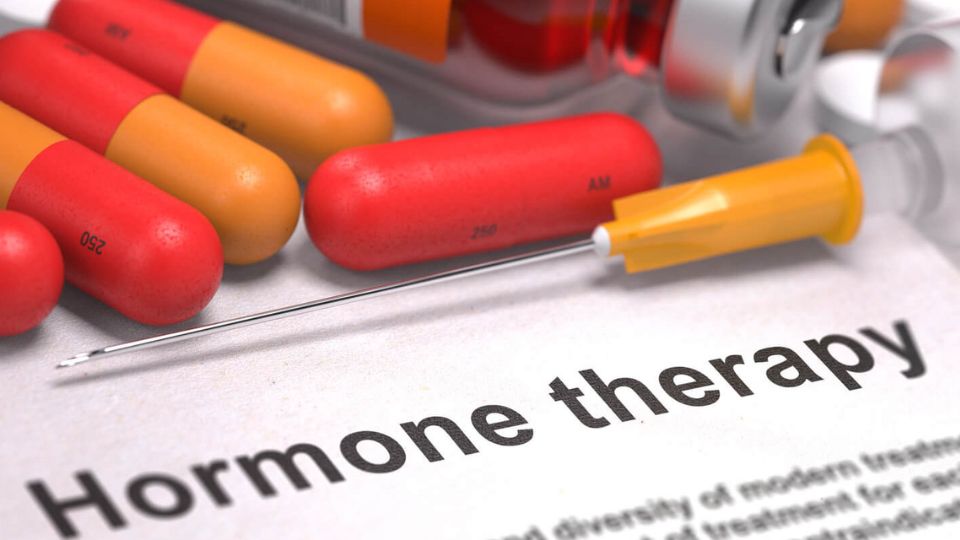Data from a major women’s health study show that hormone replacement therapy can safely help middle-aged women manage their symptoms during early menopause.
According to the Women’s Health Initiative (WHI), women under the age of 60 can use hormone replacement therapy to treat symptoms such as hot flashes and night sweats. This treatment does not significantly increase their risk of breast cancer or other health problems, as shown by long-term results.
“The results of the WHI study should not be used as a justification to withhold hormone therapy from women in early menopause who are experiencing troublesome menopausal symptoms,” stated Dr. JoAnn Manson, the lead researcher and chief of preventive medicine at Brigham and Women’s Hospital in Boston.
“According to Manson, many women can benefit from treatment and should be able to receive healthcare that is tailored to their needs through shared decision-making with their doctors,” stated a hospital news release.
The Women’s Health Initiative (WHI) included over 160,000 women who had gone through menopause and were between the ages of 50 and 79. The study followed how often they had heart disease, cancer, and hip fractures. It also included experiments with over 68,000 women to test treatments that could potentially slow down aging, such as hormone therapy or taking calcium and vitamin D supplements.
Also Read: Maine State Credit Union Announces Major Discounts and Business Lending Expansion
Before the WHI, researchers noted that previous studies had found that older women who took hormone therapy had lower risks of heart disease, stroke, dementia, chronic disease, and death. In 2002, a clinical trial by WHI found that women who took a combination of estrogen and progestin hormone therapy had a higher risk of breast cancer, heart disease, stroke, and blood clots.
However, as researchers have continued to study women participating in the WHI over the course of two more decades, they have gained a better understanding of the potential risks and benefits of hormone therapy.
Recent research consistently indicates that hormone therapy does not reduce the risk of health issues associated with aging, such as heart disease or hip fractures, contradicting previous studies conducted before the Women’s Health Initiative (WHI).
However, hormone therapy has been found to be less risky for women in their middle age who are approaching menopause. It can also be helpful in managing symptoms associated with this stage of life.
“According to Manson, women now have more treatment options available, such as lower doses of estrogen delivered through the skin as a patch or gel. These options may help to further reduce risks,” “There are also treatments available that do not involve hormones.”
This update from the World Health Initiative (WHI) was published on Wednesday in the Journal of the American Medical Association. It provides new information about the benefits of low-fat diets and the importance of calcium and vitamin D supplementation.
Researchers have found that calcium and vitamin D supplements do not lower the risk of hip fracture in older women. However, they have also observed that these supplements can be beneficial for filling nutrient gaps in individuals who do not have a balanced diet.
Researchers report that low-fat diets are now linked to a lower risk of death from breast cancer. Previous research from WHI had discovered that low-fat diets did not lower the risk of breast or colorectal cancer. Experts suggest that women should discuss with their doctors whether they should follow a low-fat diet or take calcium and vitamin D supplements.



Leave a Reply